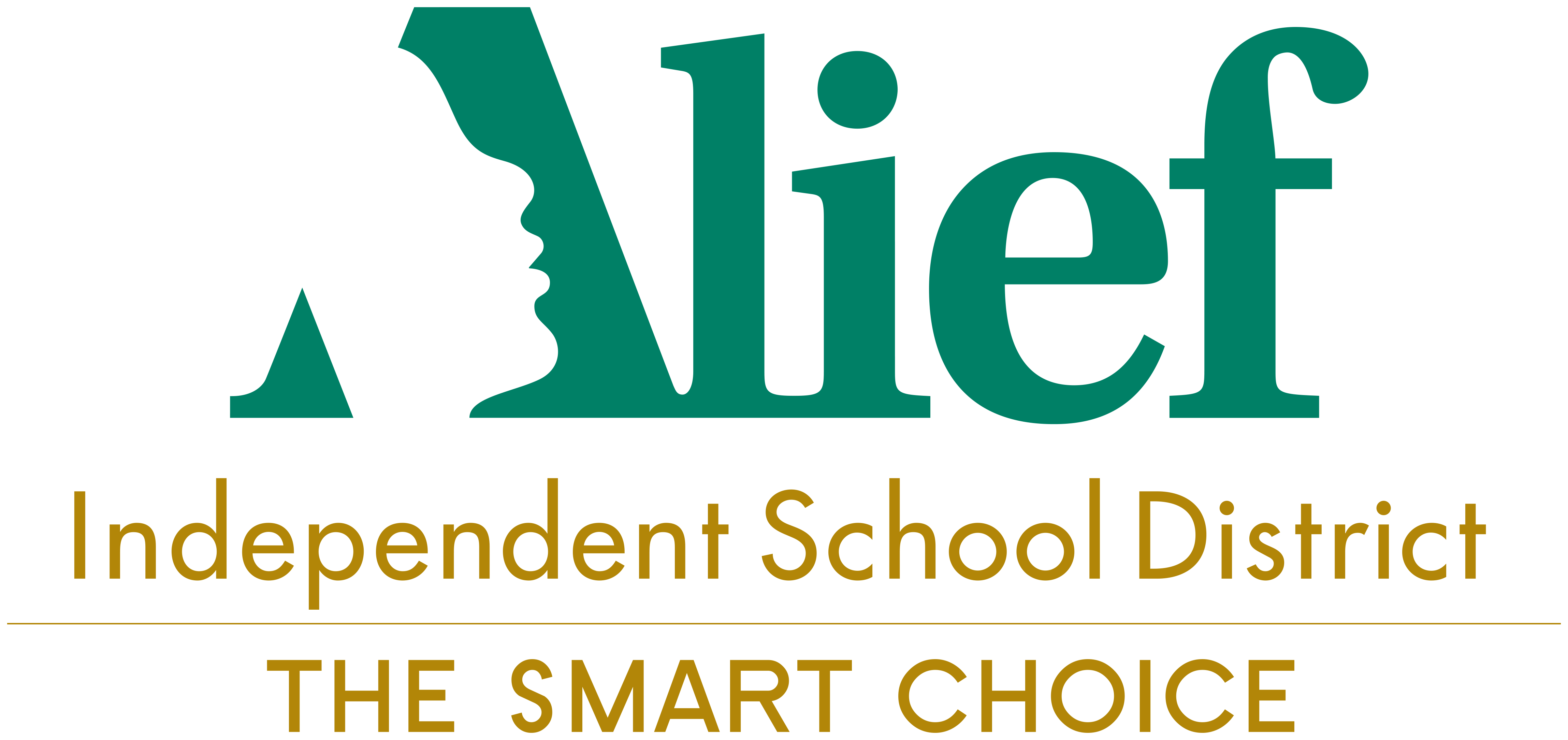Understanding Dyslexia and Related Disorders
Dyslexia and related disorders are conditions that impact an individual's ability to read, write, and spell. These are common learning differences that affect many students in the Alief Independent School District (ISD). The Special Services department is committed to providing essential information to help parents and guardians understand the support available during the school day and how they can assist their children at home.
What is Dyslexia?
Dyslexia is a specific learning disability that is neurological in origin. It is characterized by difficulties with accurate and/or fluent word recognition and by poor spelling and decoding abilities. These challenges typically result from a deficit in the phonological component of language that is often unexpected in relation to other cognitive abilities and the provision of effective classroom instruction.
Related Disorders
In addition to dyslexia, there are other related disorders that may affect a student's learning:
- Dysgraphia: A disorder that affects writing abilities, including handwriting, typing, and spelling.
- Dyscalculia: A condition that impacts a person's ability to understand numbers and learn math facts.
- Auditory Processing Disorder: Affects how sound is processed or interpreted by the brain.
Support Services Offered by Alief ISD
The Alief ISD Special Education department provides a range of support to ensure that students with dyslexia and related disorders receive the help they need to succeed academically. These services include:
- Individualized Education Programs (IEPs): Tailored plans to meet the specific needs of each student.
- Specialized Instruction: Teachers trained in specialized strategies to support students with learning differences.
- Assistive Technology: Tools that assist students in learning, such as audiobooks, speech-to-text software, and more.
How Parents Can Support at Home
Parents play a crucial role in supporting their child's learning journey. Here are some ways to help your student at home:
- Create a Reading Routine: Set aside a regular time each day for reading and encourage your child to read books that interest them.
- Use Technology: Leverage apps and tools designed for students with learning differences, such as text-to-speech applications.
- Communicate with Teachers: Stay in close contact with your child's teachers and provider of dyslexia instruction to monitor progress and address any concerns.
Conclusion
Understanding dyslexia and related disorders is vital for supporting students both at school and at home. By leveraging the resources provided by the Alief ISD Special Education department and implementing supportive strategies at home, parents can help their children thrive academically and develop a love for learning.

